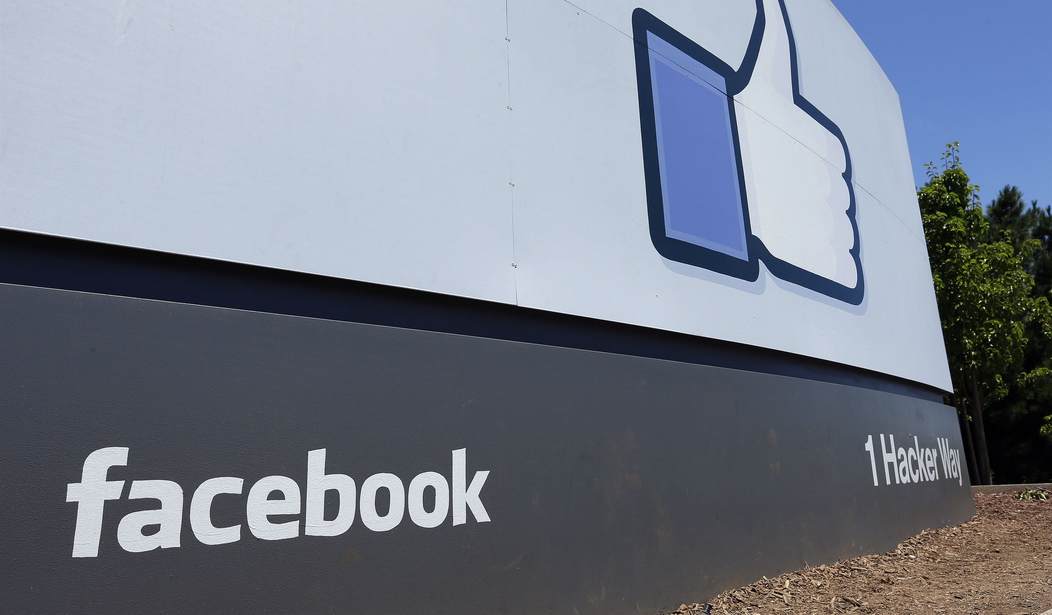There was a time when AT&T was a virtual monopoly, stifling and destroying competition while giving Americans no alternatives for phone service.
“Ma Bell” became hated and despised by consumers who wanted something different. Then, in the 1970s, the Justice Department, along with the Federal Trade Commission, sued AT&T under the Sherman Antitrust Act for being a monopoly in supplying local phone service. That eventually led to a consent decree in 1982 that forced the breakup of the company into smaller, regional entities.
Now, the Justice Department, the FTC, and dozens of states have filed suit against Facebook alleging the tech giant uses monopoly tactics and “anti-competitive conduct.” Specifically, the suit wants Facebook to divest itself of two of its most popular platforms — Instagram and WhatsApp — and pay an unspecified amount of damages.
The suits, filed seven weeks after the Justice Department and a smaller coalition of states sued Google on antitrust grounds, represent the latest escalation of a power struggle between governments around the world and the United States’ wealthiest tech companies. They also serve notice that regulators are no longer satisfied with the billions of dollars in fines that authorities in the U.S. and Europe have levied in recent years in unsuccessful attempts to curb Silicon Valley’s dominance.
States attorneys general want to get their hands on some of those Facebook billions that will be assessed for damages in any settlement.
“No company should have this much unchecked power,” New York Attorney General Tish James said in a news conference announcing Wednesday’s multistate suit, adding that Facebook engaged in a “buy or bury strategy” against potential competitors.
Facebook says that the sale of Instagram and Whatsapp were approved years ago and now the government wants a “do-over.”
“The most important fact in this case, which the Commission does not mention in its 53-page complaint, is that it cleared these acquisitions years ago,” Facebook’s chief counsel Jennifer Newstead said in a statement. “The government now wants a do-over, sending a chilling warning to American business that no sale is ever final.”
Facebook’s business plan to buy up smaller competitors and either destroy them or absorb them was exactly what AT&T was accused of doing in the 1970s.
“As a result, Facebook’s acquisition strategy harmed competitors and advertisers that rely on the platform to reach massive audiences with few alternatives to choose from, the lawsuits allege.”
“Since toppling early rival Myspace and achieving monopoly power, Facebook has turned to playing defense through anticompetitive means,” the FTC states in its lawsuit. “After identifying two significant competitive threats to its dominant position — Instagram and WhatsApp — Facebook moved to squelch those threats by buying the companies, reflecting CEO Mark Zuckerberg’s view, expressed in a 2008 email, that ‘it is better to buy than compete.’”
The FTC lawsuit also notes that Facebook tried and failed to purchase rivals Twitter and Snapchat.
The arrogance of Facebook in seeking to impose political conformity on its users by censoring “objectionable” content won’t end regardless of the results from this lawsuit. The platform “Facebook” will continue to be a dominant social media presence for the foreseeable future. However, rivals may emerge who have a different idea of what’s “objectionable” and what isn’t. That would be a welcome development and a win for free speech.










Join the conversation as a VIP Member